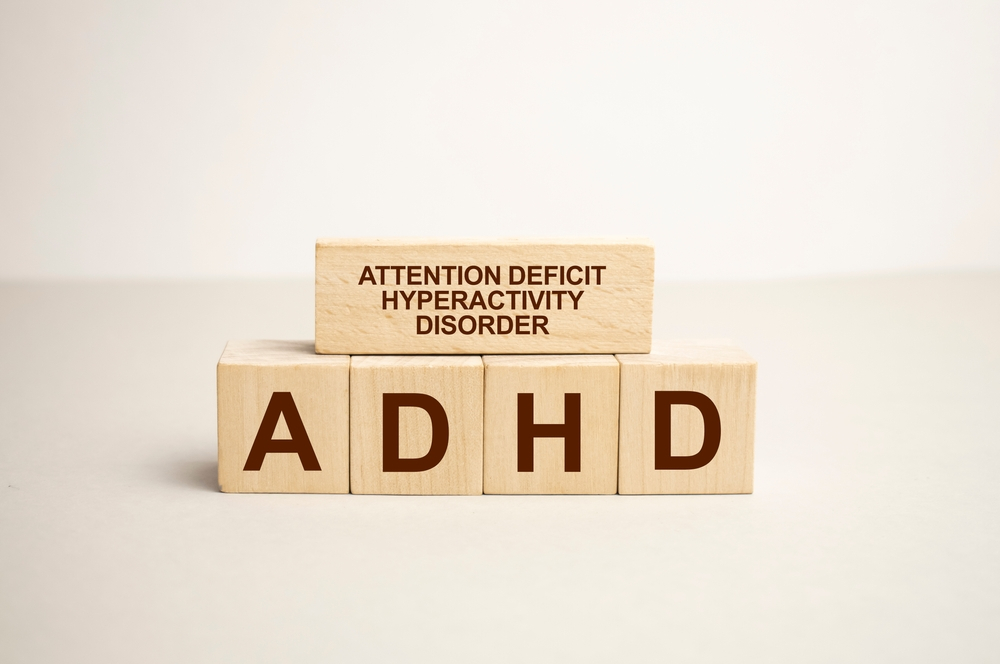
Attention deficit hyperactivity disorder (more commonly known as ADHD) is a complex mental condition that affects the behavior of a person. It is one of the most common mental disorders affecting children. In the US alone, almost 61 million kids are diagnosed with the condition. Commonly, people diagnosed with ADHD may be restless, have trouble concentrating on specific tasks, or act rashly without due consideration.
The exact cause of the ADHD is not yet fully known, but present evidence suggests that the reason may be:
- Hereditary: research suggests that genetics can be a factor in having the condition.
- Brain function and structure
Why is it important to recognize the symptoms of ADHD?
When left untreated or undiagnosed, ADHD can create challenges and may interfere with a child’s personal development and growth, such as achieving excellent academic performance, or creating meaningful relationships with others.
Although diagnosing a child with ADHD can only be done by a trained medical expert, it doesn’t hurt to look out for early symptoms to help our children. Here are signs and symptoms of ADHD we need to keep an eye on.
Inattention
- Short attention span
- Difficulty listening to others — often; they do not listen when spoken to directly
- Easily gets distracted
- Forgetful of daily activities
- Difficulty in organizing tasks and activities
- Often loses things necessary for everyday activities.
Hyperactivity
- Seems in constant motion
- Has problem remaining in their seat
- Fidgeting
- Excessive Talking
- Inability to focus on one task – shift from one job without completing the other
- Can’t wait for their turn
Impulsivity
- Often interrupts others
- Takes frequent risks without considering the consequences
If you observe the signs and symptoms above, set an appointment with a doctor. ADHD is a complex disorder that requires comprehensive testing and evaluation. An early diagnosis can make an enormous difference in their growth, self-esteem, and personal development.
Treatment for ADHD is often determined by doctors based on:
- Child’s age, overall health, and medical history
- The extent of the child’s symptoms
- Tolerance for specific medications and therapies
- Your opinion and preference
Most of the time, treatment for children diagnosed with ADHD includes parental support, behavioral training, appropriate school placement, and medication.

Now, how can we help as a parent?
Like therapy, parenting is just as important as any other part of treatments for ADHD:
- It is important to be as involved as you can. Whether working with your child’s teacher or doctor, it is important to listen and create plans that cultivate an excellent environment for your child.
- Know how ADHD affects your child. Some kids need to be provided more attention to your child therapist about how you can approach it the best
- Talk about it. Please don’t shy away from the conversation. It is important that you let your child know it is not their fault and you’re there for them.
- Bond with them more, give them attention and create fun activities with your child. Compliment positive behavior and protect their self-esteem by being patient, understanding, and accepting. It is important to not just believe in your child but make them feel that too.
Often, many parents classify ADHD as child misbehavior or misconduct, and it’s time we stop the stigma now. Truth is, it may be something that they cannot control – and if we continue to label it like that, they may grow up believing that something is wrong with them, leading to more confusion and causing emotional distress.
Like any other individual, people with ADHD deserve the same respect and compassion – they deserve a loving environment, just like the rest of us.
sources: hopkinsmedicine.org, cdc.gov, kidshealth.org, psychiatry.org, nhs.uk





